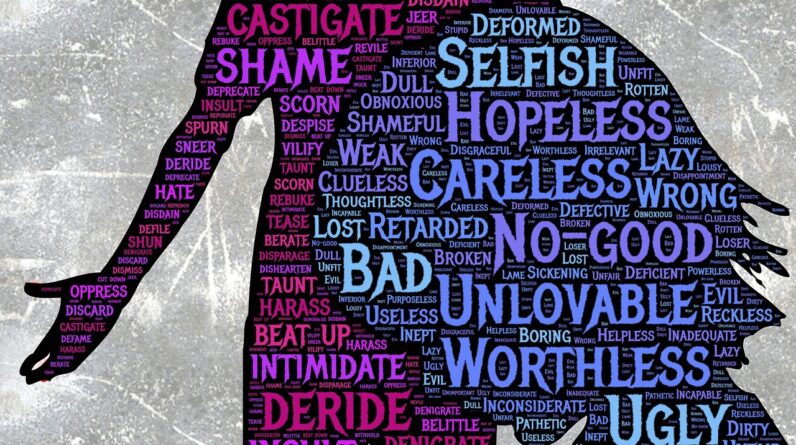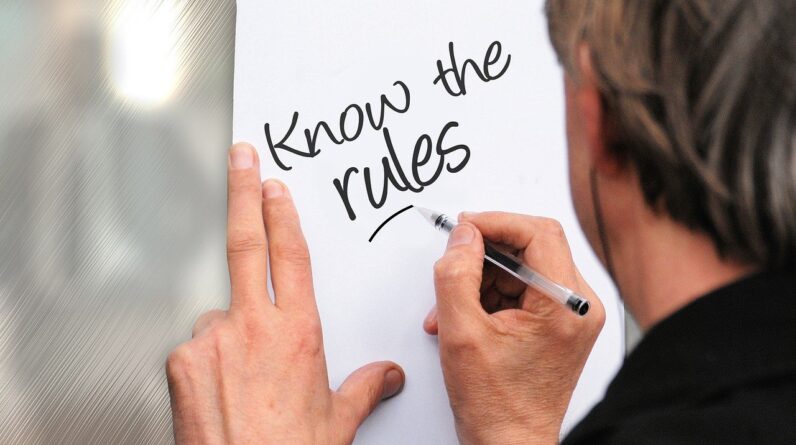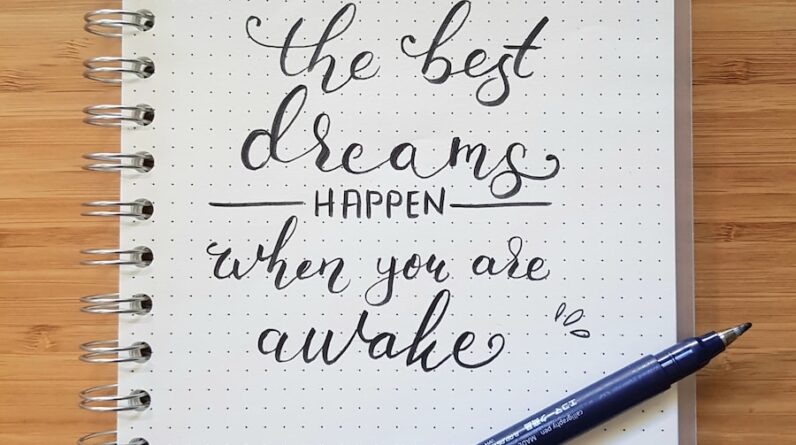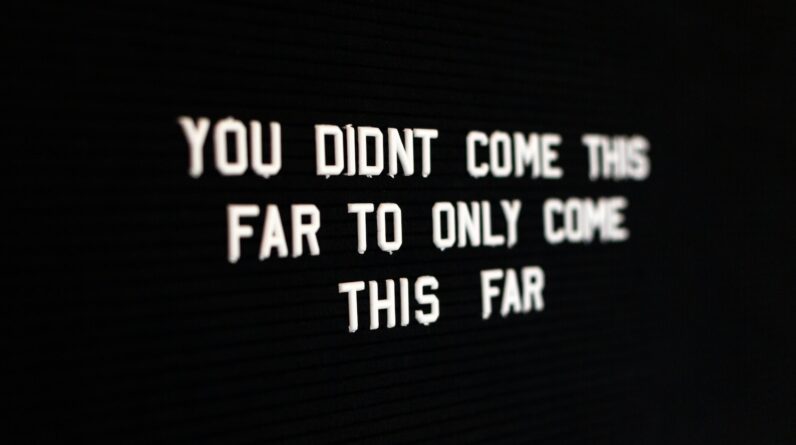
**Affiliate Disclosure**
Please note that some of the links on this site are affiliate links, and at no additional cost to you, we may earn a commission if you decide to make a purchase after clicking through the link. Any commission we make is income for the work put into supplying the information presented on this website.
Body Shaming: A Major Psychological Block to Weight Loss
Most of us do not even realize how much body shaming we are exposed to in a day or how our thoughts are plagued with words and images that cause us to feel shame for our own forms. Increasingly, our relationships with our bodies are becoming more complicated and fragile, as we are constantly bombarded with messages that tell us our bodies just are not good enough.
Some people think that shaming those who are overweight should be a helpful strategy. If you make someone feel bad about their weight, won’t they want to lose weight? As it turns out, it is quite the opposite. Body shame can lead to further weight gain, an inability to lose weight, and isolation that leads to other health problems that contribute to weight gain.
Body shaming sets up a false narrative or comparison that says that all people must look the same or strive for the same appearance goals. And when you fall short, which you will, you are lacking in worth or value. There is no room for imperfection, to be “working on” your goals. You either are or are not thin.
From Where Does Body Shame Come?
Body shaming can come from both external and internal forces. It comes from the subtle and overt messages you get about your shape and size from people, advertisements, and social media. It comes from comments from friends about your appearance and a need for many to consistently make a note of others’ weight or size. We also body shame ourselves, focusing on the parts of our bodies we hate or want to shrink, worrying about how we look or how others perceive our size.
Why do people do this to themselves or others? When someone comments on your size, what someone is eating, or how others look, they are trying to exert power. They are trying to feel superior or make themselves feel better by belittling others, passing judgment so that they do not have to look too carefully at themselves. People who shame others for their size or appearance have insecurities of their own that they are trying to hide.
The Impact of Body Shame on Weight Loss
Body shame, whether from internal or external forces, can have a severe and negative impact on your overall health and your efforts to lose weight. It can lead to mental health problems, including depression and anxiety, and even result in disordered eating. It negatively influences your self-esteem, which plays a significant role in your attitude and mindset about eating and food.
Internalizing this shame can lead to increased cortisol levels, higher levels of stress, and many physical symptoms that results from changes in stress hormones. When you are ashamed or feel guilty, you are more likely to overeat or reach for salt-, fat-, or sugar-laden foods for comfort, which will inhibit weight loss efforts.
There is no evidence to support the idea that body shaming can help motivate people to lose weight, but there is plenty to support the assertion that body shame can inhibit weight loss and the adoption of healthy habits. Learning to stop your own body shaming and accept external shame efforts for what they are- attempts to mask personal insecurity- will help you realize that these messages are meant to derail you rather than teach you something important.
Spending less time thinking about your own body as well as looking at images of other people online can help you develop a healthier attitude about your size and shape, which can lead to feeling more positive about your own health and habits. It takes time to undo the negative damage of these body shaming images, but it is possible.




